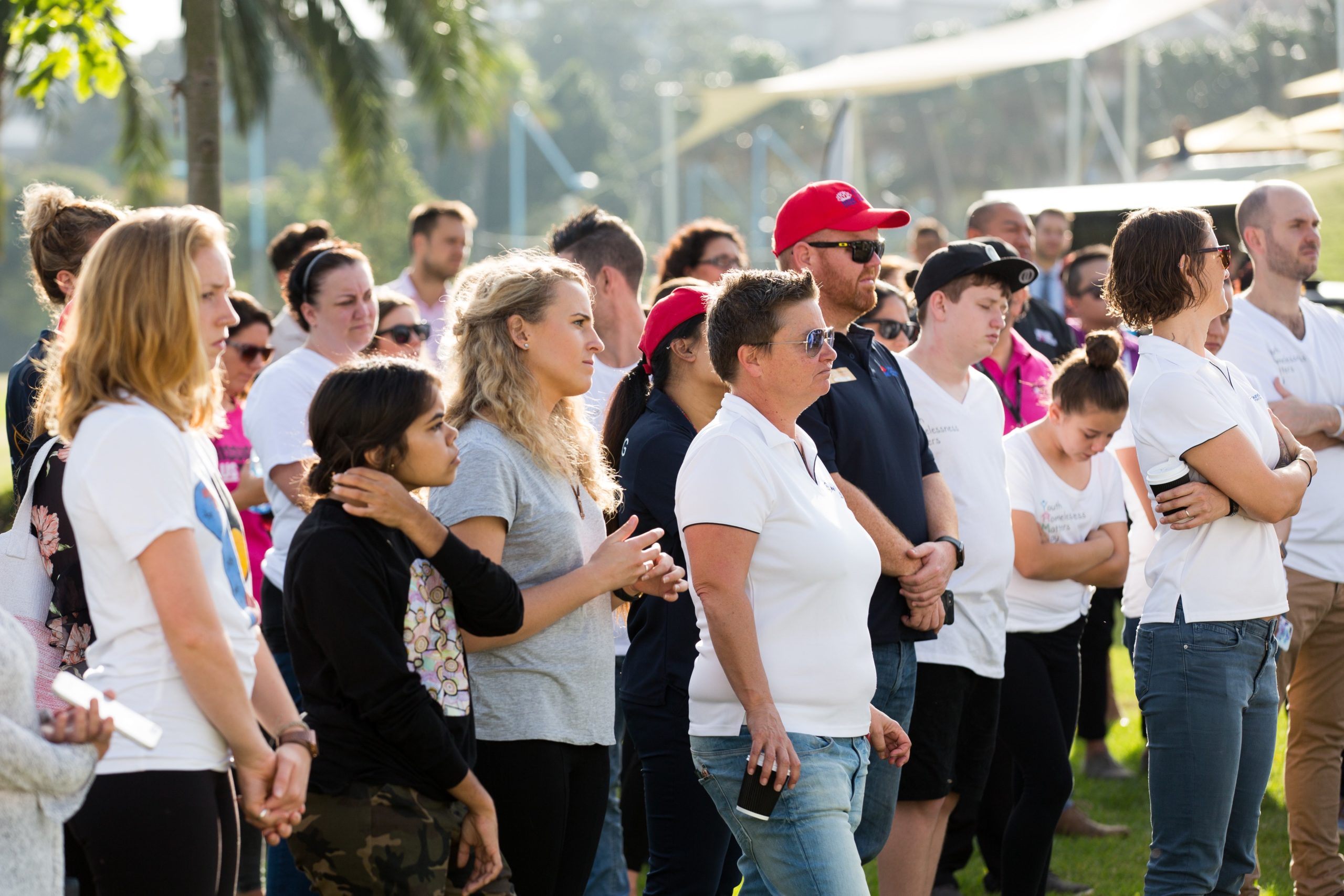Public relations is often considered the domain of big organisations such as corporations, but there are many ways not-for-profits can benefit too.
What can public relations (PR) do for not-for-profits (NFPs)? PR is frequently viewed as a service for big businesses, but there are many ways in which it can help NFPs. This often looks different compared to the way PR operates for business, but in the end the main objective is the same: PR can help any organisation build and maintain a good reputation.
NFP versus business
While all organisations use PR to build and/or maintain a reputation, the outcome of that objective looks different for NFPs compared to businesses. Businesses ultimately leverage a good reputation to benefit their business; whether it’s a profile of the managing director, a published article by the founder, or a media release about the launch of a new feature, these activities are designed to promote the business and its products or services.
On the other hand NFPs, which include industry associations and charities, are trying to leverage their reputation to promote a cause or an ideology. The outcome of that is usually action: signing a petition, volunteering, voting a certain way, attendance at a protest, or changing their habits. This may be combined with a request for financial support, whether that’s in the form of a donation or membership.
The difference is that any money given to NFPs is often not in exchange for benefits that supporters will receive directly, so it is harder to compel people to give compared to cases where a business sells a product or service from which the customer benefits. Business relationships are, at least initially, transactional and that still benefits the business: customers don’t need to be advocates for a business to make money, being a customer is enough.
NFPs, however, ask for support. And while people might be more passionate about a cause than a corporation, getting them to act upon that passion is hard work. The recent term ‘slacktivism’ covers the transactional stages of an NFP relationship, such as when people share something about a cause online but don’t go any further to make a difference. The slacktivist feels better because they did something, but the result for the NFP is not sufficient to make a meaningful impact. So how can PR help NFPs move the right audience up the value chain so their actions make a difference?
Trust as currency
Trust is central to the relationship NFPs have with the public, especially because a large part of what NFPs do is not delivered directly to the member or donor. For example, a charity might help new migrants settle – not the person who donated; an industry body might lobby the government for a legislation change – while this benefits members, it also benefits non-members.
NFPs need PR to help build this trust and show the work being done through an independent source such as a media outlet, industry award, social media influencer, member of government, or subject matter expert.
The next step is authority. Once it is clear that your organisation does what it says it will do – support new migrants, represent the best interests of the industry – PR can build a case for why people need to listen. By having a strong media presence giving advice, providing expert commentary and sharing case studies, NFPs become top-of-mind and this creates the perception of authority, influence and prominence. Through this coverage you can highlight how responsible, caring, knowledgeable and professional your NFP is, which opens doors, assists in negotiations and adds weight to lobbying.
From coverage flows awareness, not just of your organisation, but of the cause your work addresses, and this is where you should start to speak to your target audience, the ones who will become your supporters. Media coverage that simply builds awareness without driving action can be useful to a business with a marketing budget and other sales tactics to employ, but an NFP needs its media coverage to do more than get its name out there. It needs to drive preference and action, which is where PR can help with clever media angles and great media relationships.
If your NFP is ready to speak to the public about what it stands for, finding a PR agency that can help you publicise your cause is the next step.
Your not-for-profit PR checklist:
- Does the PR agency understand what you do and why you need PR?
- Can the PR agency work within a NFP budget?
- Does the PR agency understand how you activate your volunteers?
- Does the agency understand the limitations (financial, legal, resources) you have as an NFP?
- Does the agency understand sensitive issues with regard to the recipients of your organisation’s activities e.g. privacy or anonymity of beneficiaries?
- Can the PR agency suggest ways to make your media coverage work hard for you, such as sharing it with potential sponsors and donors, highlighting on your website and social media, and including in other communications?
If all the answers are ‘yes’, go ahead!

Phoebe Netto is the founder of Pure Public Relations, a PR firm that focuses on outcomes, not output – it’s pure and simple. For over ten years, Pure Public Relations has been bringing big business experience to SMEs and not-for-profits. purepublicrelations.com.au


